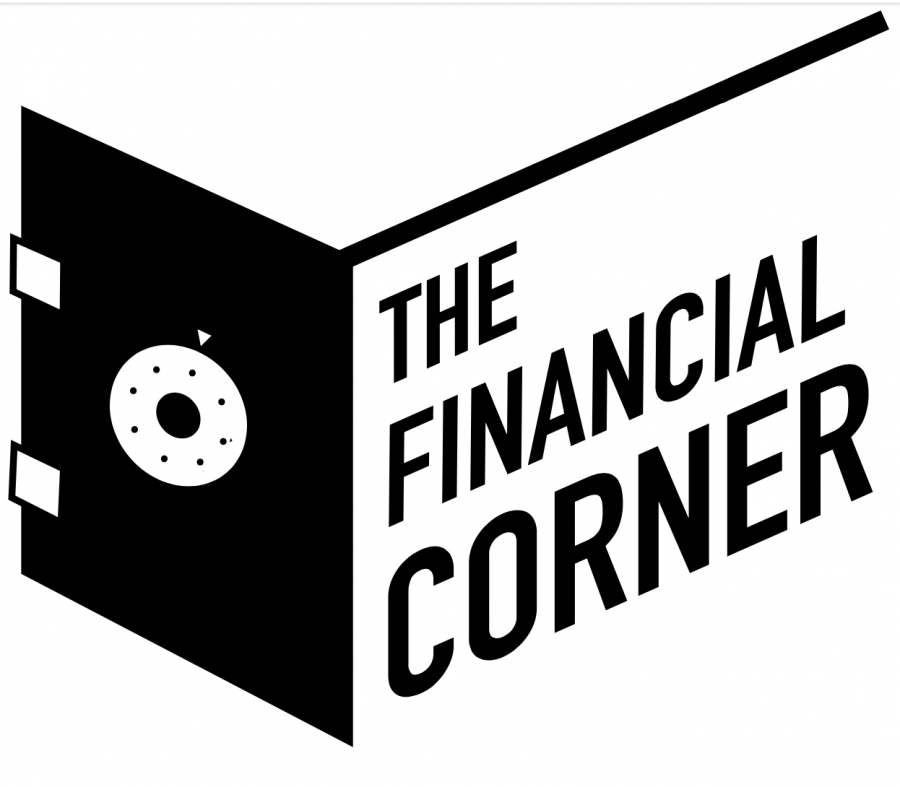So, you’re graduating … now what?
May 3, 2023
Understanding 401(k)s, IRAs and saving for the future
Closing the chapter on college and starting your first job are exciting milestones. You’re also totally normal if you’re overwhelmed by how many decisions you have to make.
In all the hubbub of accepting the right offer and filling out new hire paperwork, don’t forget to think about your future self. Believe it or not, you should already be planning for retirement.
Things to consider before that first paycheck hits your bank account:
Which comes first: student loans or retirement?
A common question graduates ask is if they should pay off their student loans before saving for retirement. While you may be eager to wipe out that debt as quickly as possible, your best bet is to save for retirement and make payments on your student loans (and stay informed about interest rates to make sure you aren’t paying more than you need to).
Use this calculator to see the numbers for yourself.
My new employer offers a 401(k). What should I do?
Take full advantage of that 401(k). Contributions lower your taxable income, saving you money. Make the maximum contribution that works best for your situation. Oftentimes employers will also match a percentage of your contributions. That’s free money in your future pocket!
My employer doesn’t offer a 401(k). Will I ever be able to retire?
If your employer doesn’t offer a 401(k) (or even if they do), you can save for retirement with an Individual Retirement Account, or IRA.
There are two types of IRAs: traditional and Roth.
The main difference between them? When you pay taxes.
A traditional IRA is tax deferred. You contribute money pre-tax; you’ll owe taxes on those contributions or your earnings when you withdraw the money. If you think you’ll be in a lower tax bracket when you withdraw (age 59 ½ or older), this is a good option. You may also be able to deduct your IRA contributions on your federal income tax return, lowering how much you need to pay.
A Roth IRA is not tax deferred. You owe taxes when you contribute the money to the account, so you won’t have to pay them later and your contribution can grow tax-free. Withdrawals of contributions and earnings are tax-free if your account has been open a minimum of five years, and you’re at least 59 ½.
Want to see how your money will grow in different retirement accounts? Let this Banzai coach guide you through the process.
Dream big and start saving.
You may be paying off student loans, trying to scrape up enough to make monthly rent payments or keep healthy groceries in the fridge, but it’s never too early to start saving whatever you can.
In fact, it’s smart to start building an emergency savings account. Experts recommend you have a fund with enough to cover at least three to six months of essential expenses. Start depositing what you can because every little bit adds up.
Now, the fun part. Start dreaming big. Will your future self want to:
Buy a car?
Own a house?
Travel internationally?
These are all good reasons to start a savings account; one for every dream, even!
Let’s explore different types of savings accounts:
Savings: a basic account that earns interest and allows you to deposit and withdraw at any time.
Money Market: requires a minimum deposit, has limited account activity, but often earns a much better interest rate than a regular savings account.
Certificate of Deposit (CD): you commit your money for a specific term (typically between six months and five years), often earning a higher interest rate the longer the term. Usually requires a minimum deposit.
Write down your savings goals. Name your savings accounts after those goals. Track your progress. These small steps will make it that much easier to say “no” to takeout every night or those flashy shoes you’re only going to wear a handful of times before you’re over them.
Candice Wagener is senior content writer for the UW Credit Union.














